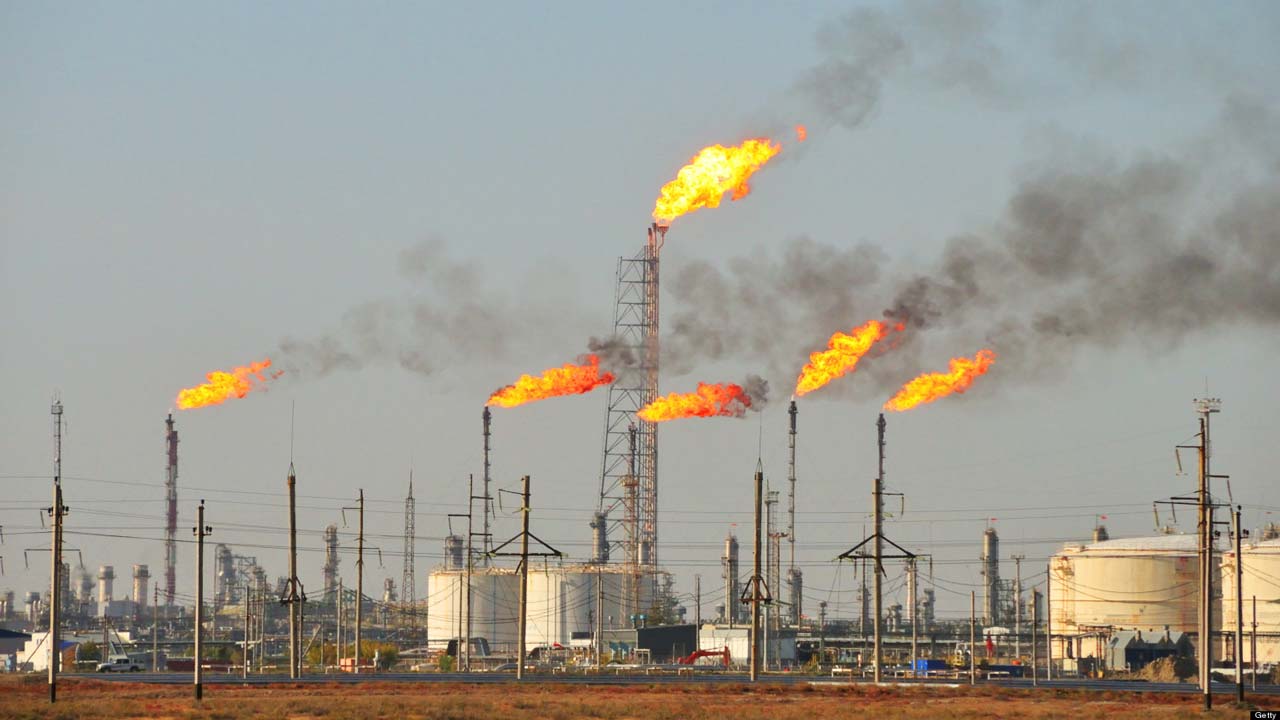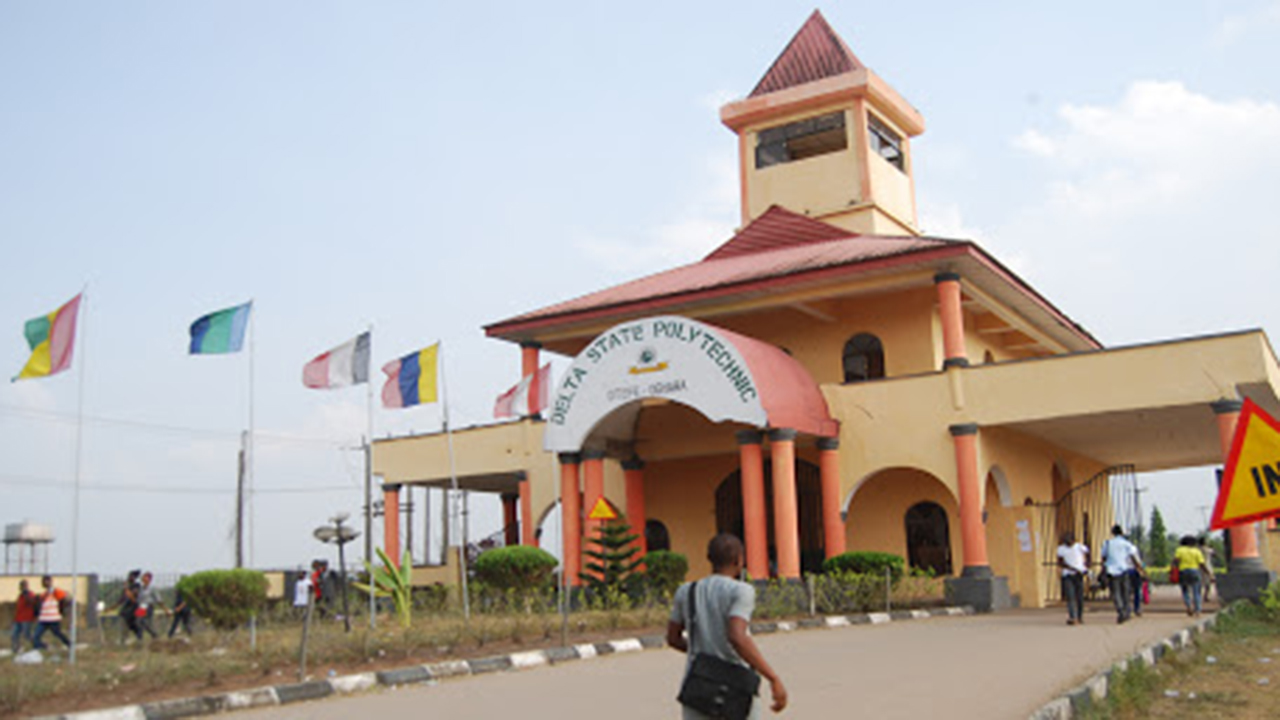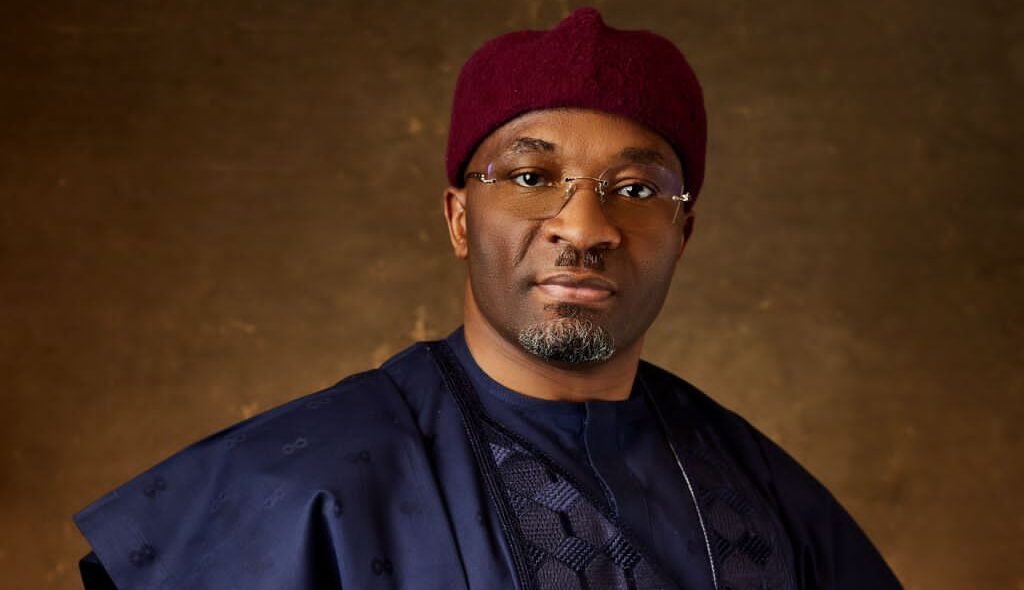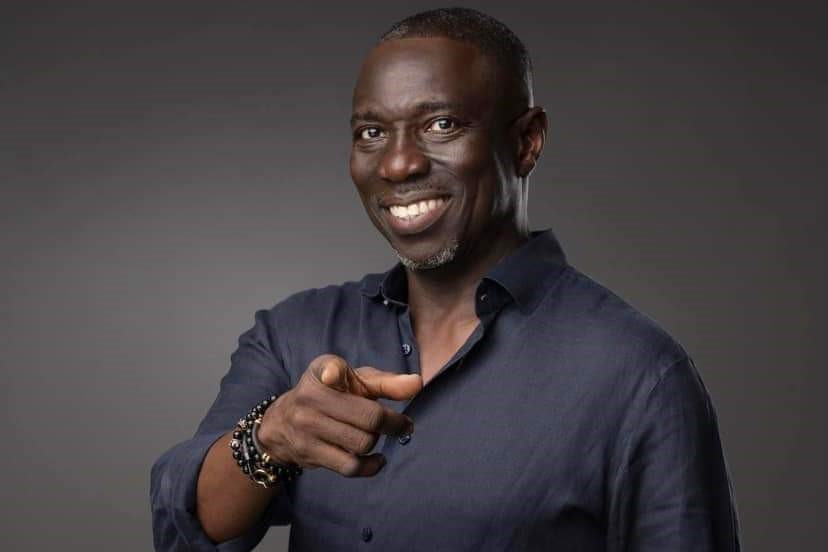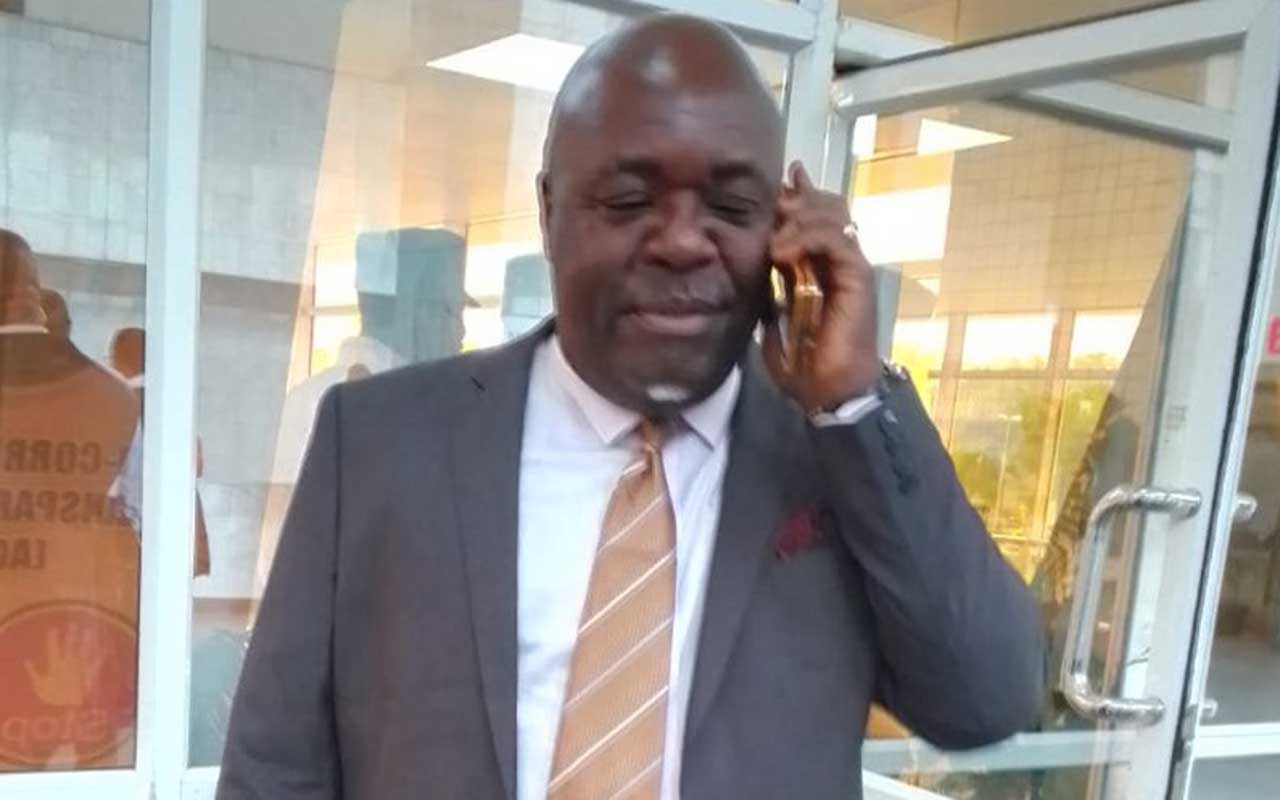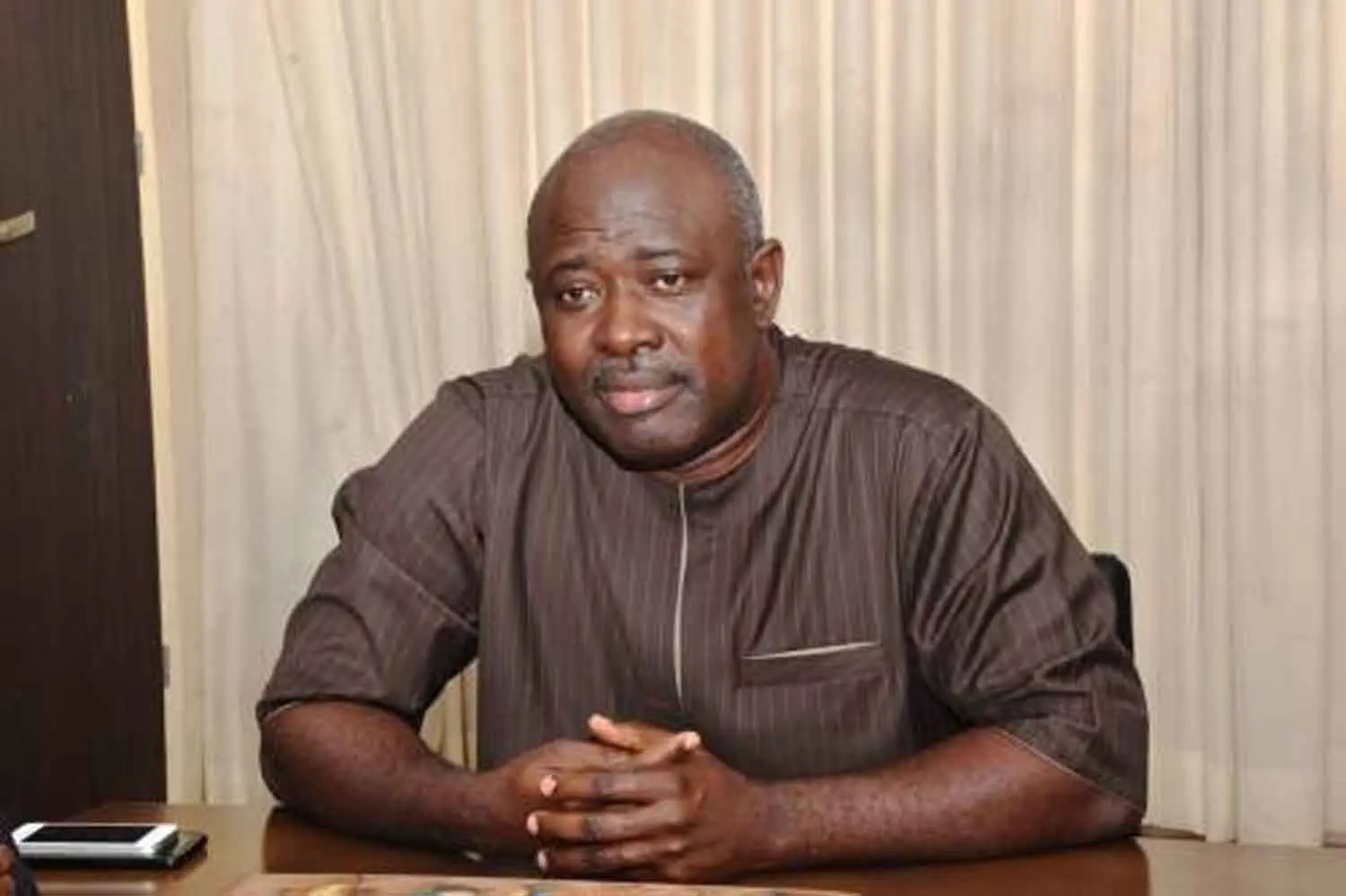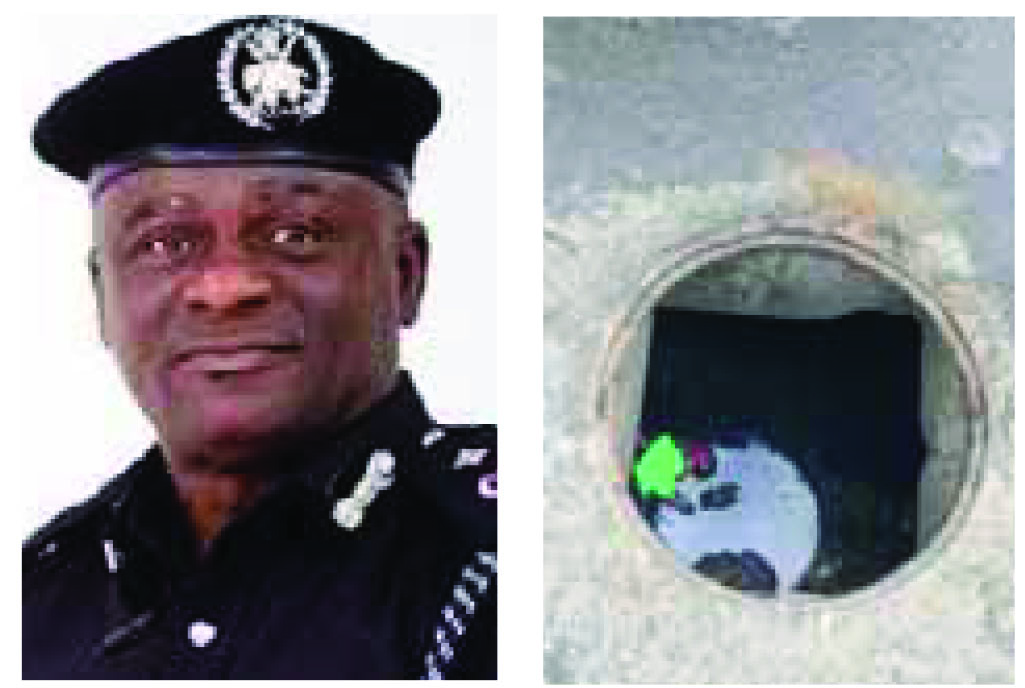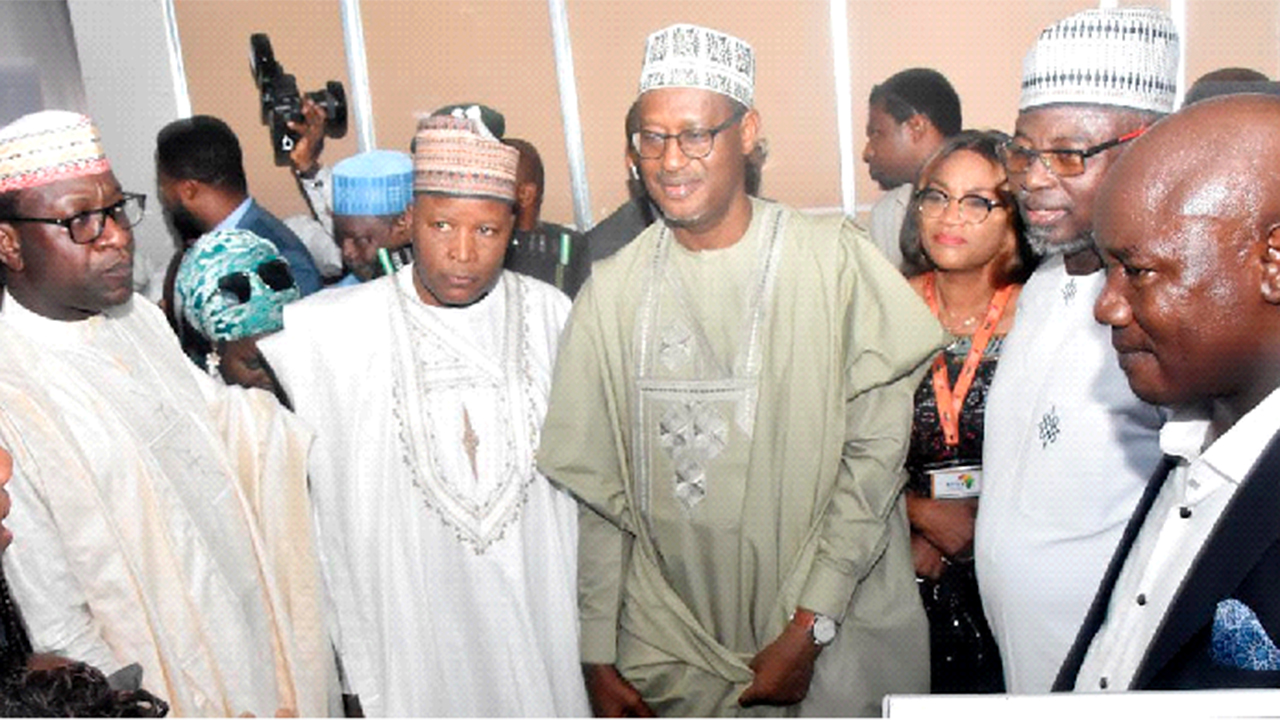The Niger Delta Development Commission (NDDC) proposed a budget of N1.9 trillion and President Bola Tinubu gave nod to the Commission to access additional N1 trillion soft loan. In an interview with select journalists, the Managing Director of the commission, Samuel Ogbuku, reeled out how the budgetary approvals would be expended. He also gave insight into how the commission runs under his watch. The Guardian’s ANN GODWIN was there.
The Niger Delta Development Commission recently proposed N1.9 trillion 2024 budget and President Bola Tinubu has also given the commission the nod to borrow a soft loan of N1 trillion. How do you plan to manage these funds to ensure proper implementation of the projects?
What we are doing right now in preparation for the implementation of our projects is to carry out community assessment so that we can look at the budget and say, as much as we have all these budgetary approvals, the people need A and D; maybe for now they don’t need C and B because all the people did not come together to prepare the budget. Even though it is a stakeholders’ budget, the stakeholders are just representatives of various ethnic communities. We need to do assessments; distributing questionnaires and all that will give us an idea of what the people need. That is what we are working on before we start implementing the 2024 budget so that whatever we are doing becomes people-oriented. What I am saying in essence is that managing the peoples’ expectations is to give them people-oriented programmes and projects.
As I said, we are focused on doing things that are tailored to the needs of the people so that it is not too big for them and not too small for them. What community ‘A’ needs may not be what community ‘B’ needs. So, we cannot use the prototype of the projects for all the communities because by that, they may not feel the impact. So, the need assessment will guide us on the exact projects and programmes to give to the people and that is how we manage the expectations of the people.
Do you have any repayment plan for the loans?
We have clear repayment plan because even when you want to interface with foreign organisations, whatever partnership you want to go into with them, your debt burden becomes a liability and they want to see your repayment pattern. The repayment plan we have is that we are making a provision of N100 billion yearly for the repayment of debts. So, if you are paying monthly, in 10 years time, the debts will be paid. That is the record people want to see; they are not saying you shouldn’t owe but they want to see your payment plan. So provisions have been made for that. Once we continue like this yearly with the repayment pattern, it now means whether I am there or not, people that are being owed will be paid their money. Before now, there was no such. So everybody that came forgot those who did contracts with the previous administration and focused on giving projects approval. But this will also make a room where as much as you are doing new projects, you will not also abandon the old projects. It will secure everybody and strike a balance where we do not just keep paying old debts but we can also carry out new projects.
It is alleged that NDDC is siting more of its projects in Port Harcourt City Local Council?
It is not true that NDDC projects are focused in Port Harcourt more than other part of the state or region. For instance, Mgboba in Obio-Akpor Local Council is a community. So, we cannot say because they are in the township, NDDC should neglect them. Some areas in Obio-Akpor are also communities and deserve to feel the impact of NDDC.
The only project which NDDC has done, which is in the heart of Port Harcourt, is the Eastern bypass road which was a partnership with the Rivers State government. They are communities that deserve development and we are extending developments to such areas.
Recently, we distributed transformers to communities. Before now, what some of the contractors did was to get NDDC contract and then negotiate with real estate owners and they would do two-kilometre road and the estate owners would give them like five plots of land in the estate or if it’s where they have built houses, they would give them one or two flats. This was how these things were done in the past. It is not as if people have not approached me but I said would not do it. And because I am not willing to do it, it has reduced. So, that is why I can challenge anyone who is taking our light to private estates to remove it because we can only lead by example. If I am culpable, I wouldn’t have been able to tell them to remove it.
What does it require to make significant impact in the Niger Delta?
The challenge or failure to attend to people’s need breed frustration and that frustration is what gives rise to protest and the rest of them. And as part of the agenda of the present administration, stakeholders’ engagement is one of those agenda and what we just did is stakeholders’ engagement and you will agree that the summit we just did was not a talk show where people just came to give speeches without allowing people to vent their thoughts. We started with the technical session, which later broke to various units, to discuss seven different issues and all the people from the region, traditional rulers, politicians, everybody was involved. We discussed and it was those discussions that led to putting together a communiqué. The good thing about this is that there is nothing wrong in bringing people together to brainstorm but there must be follow up and the follow up we are trying to do is to make the summit a yearly event so that we can evaluate it because there is room for evaluation. So, we will come back next year by this time and have this summit again and those who were present will be able to say, these were what we agreed to do, why has it not been done? It gives room for people to really evaluate what we have done. It brings about accountability. But when you don’t engage the people or submit yourself to them to be accountable to them, then you don’t also give them room for appraisal, which is what makes leadership difficult.
So, by what we have done this year, when we come back next year, it gives room for appraisal. The people will know if you are capable of leading them or not. And if the questions arise and it becomes clear that some objectives were not met because of probably lack of follow up or you don’t have the capacity to engage the authorities, then that means you have failed the people and the people can start asking questions.
The last time Niger Delta people gathered to discuss Niger Delta issues was 23 years ago. So, can you imagine a region that is having NDDC as a common patrimony and yet people have not been given the room to discuss about their future? Those are the things that bring dictatorship and anarchy. That is why you can see that in the past years, especially the last eight years of the history of NDDC, we had about nine managing directors, some of them in acting capacity. That has been the worst period because of instability in the institution. If we were talking like we did at the summit, giving room for yearly appraisal, do you think few individuals will want to take the place to ransom and govern it according to their own dictates?
So, no matter what you do, people will be waiting for you for the next one year to gather again. They will be looking forward to the discussion platform and people will come with different impressions; those who think you have done well and those who do not think so. So, what we have just done is to open up ourselves to accountability because the bottom line of stakeholders’ engagement is opening up yourself to accountability. Then if you are not able to be accountable, you cannot gather the people and make the required impacts.
You mean engagement with the people is a major way of striking a balance and making the necessary impact?
In the past, people had misgivings about NDDC but whatever misgiving is because there has been no engagement with the stakeholders. The people could not appreciate what NDDC has done in the past. All those who have misgivings against NDDC do not also know that what they are benefiting was done by NDDC. If you live in Port Harcourt today, you will know that without NDDC there will be no Port Harcourt. NDDC has invested so much in the expansion of the city. But people do not know because NDDC refused to tell its story; the people that were here then did not want to be open and to give account to the people and tell them his is what have done and that brought about certain reactions.
With the projects we have commissioned, the people were amazed that such can be achieved. But because NDDC had refused to tell its story, people have been unfair to the commission.
NDDC is like every other institution in Nigeria but the politicking in NDDC is what makes the challenges in NDDC so loud.
Everybody feels it shouldn’t be you; it must be me. So, the day they feel they should drink coke and you give them water, they will say, ‘remove this person; he has failed.’ So, NDDC is not as bad as the people thought. Yes, mistakes have been made in the past but those mistakes are not unlike mistakes that have been made in any other agency before.
Is it not the Central Bank of Nigeria (CBN) that we heard of so much rot? Why are people not talking about it? So, NDDC is like any other federal agency that has made its own mistakes but what we are doing now is to correct it and correct the impression by telling our stories in positive ways; by doing things differently, bringing the people together to show them what we have done so that they can add value to what we are doing by bringing their own thoughts to bear. That is what we are doing and within this short period, you can at least see that NDDC has been very calm and peaceful so the people have some level of confidence that they did not have before. So, there is confidence in the leadership and because we are not taking the confidence for granted, we are working very hard to deliver the right results.
Are these the reasons there’s no constant blockade at NDDC office again unlike before?
You see, most of the people that come to the NDDC, most of those youths do not have contracts or any serious business in the commission. But if previously people locked them out and they believe this is their patrimony they will definitely be frustrated and the next thing you will see is they will form clusters and be protesting outside the gate. But since we came in, we decided to run an open door policy where we try as much as possible to meet and attend to their needs.
Most times, their needs are not even too much; they don’t all come there for money. Some of them only just need simple explanation. You must also make out time; make that sacrifice to explain to them because as public servants, you must see that as part of your responsibility.
You cannot say because you are the Managing Director of NDDC, you are an Executive Director in NDDC, you are now bigger than everybody. You must come down to the level of the people. So, we have been able to come down to their level, understand what their needs are, understand what their wants are and we are also carrying out our projects and programmes according to the dictates of what the grassroots want.


